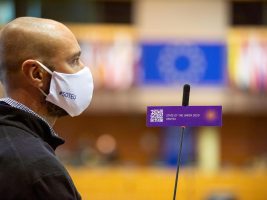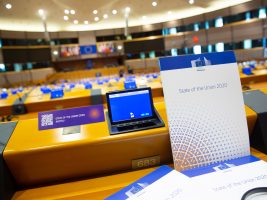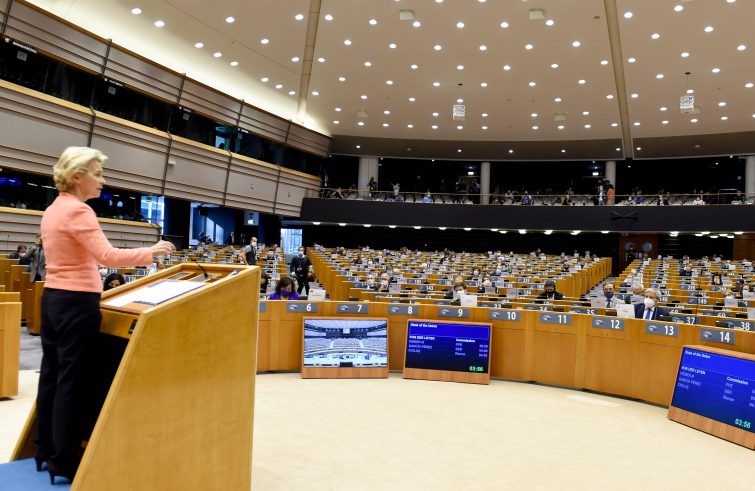
The damage we had been spared despite the financial crisis of 2008 and the migration crisis of 2015, could be caused by Covid-19. The Old Continent, hit hard by the global pandemic, requires the European Union to change track: we can only emerge from the quagmire together. This was passionately and resolutely expressed by Ursula von der Leyen, President of the European Commission, in her first “State of the Union Address” to the European Parliament in Brussels on Wednesday, September 16.
European Health Union. One-and-a-half hour-long speech, interrupted several times by the applause of most MEPs. The coronavirus was mentioned throughout the entire speech, based on a reshaped community agenda, since now the priorities have changed.
“We need to build a stronger European Health Union – said Von der Leyen –. This is why, along with Prime Minister Conte and the Italian G20 Presidency, I will convene a Global Health Summit next year in Italy.”
This “will show Europeans that our Union is there to protect all.” “People want to move out of this corona world, out of this fragility, out of uncertainty. They are ready for change and they are ready to move on.” “The moment for Europe to lead the way from this fragility towards a new vitality.”
“The pandemic is not over.” The State of the Union Address ranged from statements of principle (“it showed us just how fragile our community is”) to practical proposals and projects for the future, notably with regard to the economy, the environment and the protection of citizens’ rights. The first, long section of the speech focused on the health crisis: “none of us will be safe until all of us are safe”, the speaker said; hence the investments to find a safe vaccine accessible to all and as quickly as possible, along with the announcement of the Global Health Summit in Italy. Von der Leyen remarked: “the planned transformation must not be imposed by the pandemic emergency, but be a blueprint for transformation” of the economy (Green Deal), lifestyles and presence of the EU in the world. “The pandemic is not over. So we must be there for those in need.” Disease, unemployment and poverty are the three top challenges that must be urgently tackled, “also through the creation of a human economy.”
Medicines and healthcare. With regard to the response to coronavirus and health care, the President mentioned the need to strengthen the European Medicines Agency ( EMA) and the European Centre for Disease Prevention and Control (ECDC). She went on to announce the creation of a European BARDA – an agency for biomedical advanced research and development, “to support our capacity and readiness to respond to cross-border threats and emergencies.” The German politician thus requested to discuss the question of health competences in the framework of the Conference on the Future of Europe.
New vitality into the economy. Moving on to another topic, Von der Leyen underlined the importance of “strengthening Europe’s social market economy and protecting workers and businesses from external shocks”. She pledged to propose a legal framework for minimum wages, to promote the Single Market, strengthen the Economic and Social Union, support business and infrastructure investment, update the EU’s industrial strategy, restore the full performance of the Schengen area.
She thus announced that the European Commission is proposing to increase the 2030 target for emission reduction from 40% to 55%.
“At the heart of it is our mission to become the first climate-neutral continent by 2050”, the President said. Von der Leyen also announced that 30% of NextGenerationEU’s 750 billion euro will raised through green bonds and 37% of the budget will be spent directly on European Green Deal objectives, including “lighthouse” European projects: hydrogen, renovation and 1 million electric charging points.
Funds for digital technology. “Europe must now lead the way on digital – or it will have to follow the way of others”, Ursula von der Leyen pointed out, highlighting the importance of innovation, competitiveness, critical to responding to the economic crisis and to revitalize businesses and the labour market. She called for a common plan for digital Europe “with clearly defined goals for 2030”, such as for connectivity, skills and digital public services. She announced that Europe will invest 20% of NextGenerationEU on digital.
UN, USA, Brexit, Africa. An extensive section was devoted to foreign policy and to the pressing democratic and humanitarian emergencies: from Belarus to Turkey, from Russia to Africa. The president called for “revitalization” and “reform of the multilateral system”, including the United Nations, the WTO (trade) and the WHO (health). She called on Member States to move to qualified majority voting – “at least on human rights and sanctions implementation.” The President of the Executive highlighted the need for “new beginnings with old friends” and said that Europe is ready to build a new transatlantic agenda” and to reach and agreement with the UK over Brexit, provided that London complies with the Withdrawal Agreement, a matter of law on which we will never backtrack.” An “economic recovery package for the Western Balkans” was also announced. It is also necessary to strengthen relations with Africa as a “natural partner.”
New Pact on Migration. In her speech, the President announced that “next week, the Commission will put forward its New Pact on Migration, with “a human and humane approach” making “a clear distinction between those who have the right to stay and those who do not.”
But first of all she reiterated “the duty to save lives at sea” and to fight trafficking in human beings.”
She explained that the Commission “will step up and take responsibility” to tackle the situation after the fire in Moria, Lesvos. She then strongly demanded the commitment of all Member States, because “migration is a European challenge and all of Europe must do its part.”
Anti-racism coordinator. Ursula von der Leyen finally announced that the Commission will put forward “a European action plan against racism”, strengthen anti-discrimination laws and extend the list of EU crimes to all forms of hate crime and hate speech – whether because of race, religion, gender or sexuality. The Commission will appoint the Commission’s first-ever anti-racism coordinator. It will soon will soon put forward a strategy to strengthen LGBTQI rights and push for mutual recognition of family relations in the EU. “If you are parent in one country”, she said, “you are parent in every country.”

